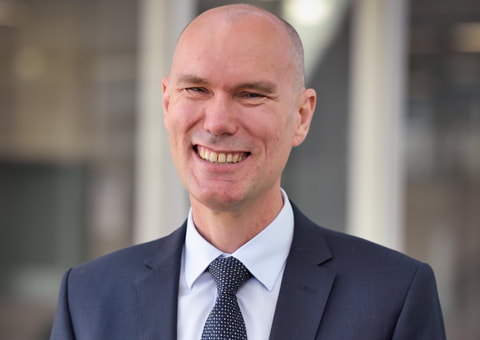You would be aware that organisations around the world such as Oxford University Press (OUP) go through a process of identifying the word of the year. In 2016 that word was “post-truth”. In 2017 it was “fake news” (yes, sometimes there were two words of the year). In 2018 you might remember when anything terrible (including people and work environments) was labelled “toxic”. In 2019 the word was “climate emergency” (again, two words); in 2020 there was no word of the year but in 2021, they returned with the word “vax”.
In 2022? The word of the year last year according to Oxford University Press was “goblin mode” (two words again!). If you are like me, you have probably never heard of “goblin mode”. Here is a definition provided by Oxford University Press.
“a type of behaviour which is unapologetically self-indulgent, lazy, slovenly, or greedy, typically in a way that rejects social norms or expectations”
This phrase is most often associated with young people, often adolescents. Some use it as a catch-all to describe all young people. On the positive side, it could describe someone who is comfortable with who they are, even if this does not meet the expectations of others. On the negative, it could refer to someone who is self-absorbed, who cares little about others and withdraws from the rest of the world.
I would like to suggest that “human mode” is quite different to “goblin mode”. That is, when we express what is fundamental to our humanness, or at least fundamental to who we can be, we look like the negative inversion of goblin mode. “Human mode” is characterised by service to others, it is characterised by meaningful work rather than laziness. Human mode is when we seek to engage positively with others, when we look to give to others rather than take what we can for ourselves. Furthermore, “human mode” is not possible in isolation – it is about being connected with other people and with our wider world. It does not reject social norms out of hand, as if all social constructions represent a profound evil and a challenge to one’s own individuality, but rather recognises that our social and collective worlds allow us to serve one another and be in relationship with each other.
Education could be described as preparing young people to flourish and thrive in the social and cultural contexts of their world. It could, therefore, be described as replacing the “goblin” with the “human”. Inaburra wants to be just such a place where the tendency to retreat into goblin mode is replaced with a desire to serve and be a blessing to others. We seek to be a school where students are encouraged to engage with the world – where students are encouraged to follow the example of Jesus who sought to serve rather than be served and, by doing so, our might students find their purpose and life narrative in God’s plan to restore and redeem the whole of creation.
Dr James Pietsch
Principal

